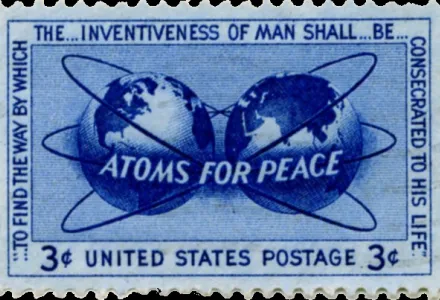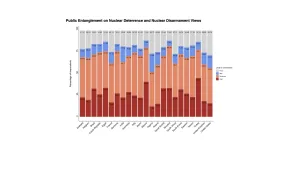Speaker: Hannah Haegeland, Research Fellow, International Security Program/Project on Managing the Atom
How do countries cultivate the capacity to become a nuclear-armed state? How, why, and to what effects do "regional" or late developers cultivate nuclear power? Based on the speaker's dissertation, her book project, Before the Bomb: Nuclear Latency in Pakistan, 1947-98, is an account of the spread and development of global nuclear science and technology in the 20th century through the story of one program that split into two national efforts, only one of which produced nuclear weapons. It offers the first history of nuclear Bangladesh and a novel analysis of Pakistan’s nuclear programs before its 1998 nuclear weapons tests, emphasizing the shaping effects of the first three decades after the 1947 partition. The speaker derives from these South Asia empirics an expanded theory of nuclear latency with utility for studying other nuclear histories and thinking about potential future nuclear development.
After World War II, states began forming security strategies related broadly to nuclear technologies and specifically to nuclear weapons long before they chose whether to pursue enrichment and reprocessing capabilities. Strategic communities around the world developed varying degrees of technical and nontechnical nuclear expertise by observing and participating in the many wars of the global Cold War and through scientific, agricultural, medical, energy, and security cooperation. The historical context of this "latent" nuclear learning explains the shifting conditions over time for how, why, and to what effects on regional and global security environments states forswear, pursue, and possess nuclear weapons.
The speaker's theory of latency takes a long view of a program’s nuclear history and a wide-angle approach to include nuclear-adjacent efforts in a state’s national security enterprise. It shows how states that begin a nuclear program without the express goal of developing the bomb can move towards and away from securitization of their nuclear enterprise. Study of nuclear latency requires looking at the shifting political and technical drivers of many strategic decision points along a nuclear program’s development timeline, rather than a single turning point or crossing of a narrowly defined technical red line.
Admittance is on a first come–first served basis. Tea and Coffee Provided.






